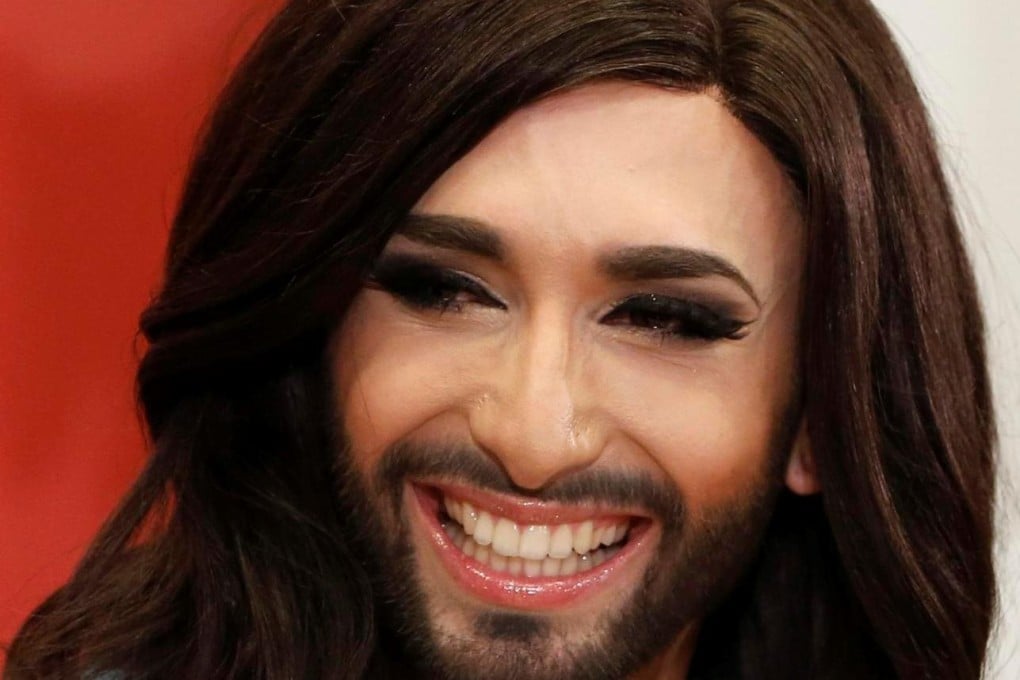Russia bans parade in honour of Eurovision contest winner
March of bearded women and men cited as not respecting country's morality

Russian officials have banned fans from staging a parade in honour of Eurovision winner Conchita Wurst.
Citing the risk of violence and the need to "respect morality", Moscow's security department denied an application for the Conchita Wurst March of Bearded Women and Men, which was due to take place next Tuesday.
Wurst, the drag queen persona of Austria's Thomas Neuwirth, has become an icon for Europe's lesbian, gay, bisexual and transgender community and a flashpoint for Russia's debate over gay rights. So while the singer has her share of fans - she won 290 points in the Eurovision final - the proposed parade was a piece of hirsute political theatre.
By choosing May 27 for the bearded march, organisers had hoped to mark the 21st anniversary of homosexuality's legalisation in Russia. Alexeyev told that they plan to "urgently appeal" the mayor's decision; even if unsuccessful, they will try to merge the event with a proposed gay pride parade on May 31. They face an uphill battle: in 2012, Moscow city government enacted a 100-year ban on pride marches.
Russia's anti-gay protesters have been campaigning against Eurovision for weeks, calling it a "Europe-wide gay parade". "The participation of the obvious transvestite and hermaphrodite Conchita Wurst on the same stage as Russian singers on live television is blatant propaganda of homosexuality and spiritual decay," said St Petersburg's notorious legislator Vitaly Milonov, who led the charge for Russia's homosexual propaganda laws.
